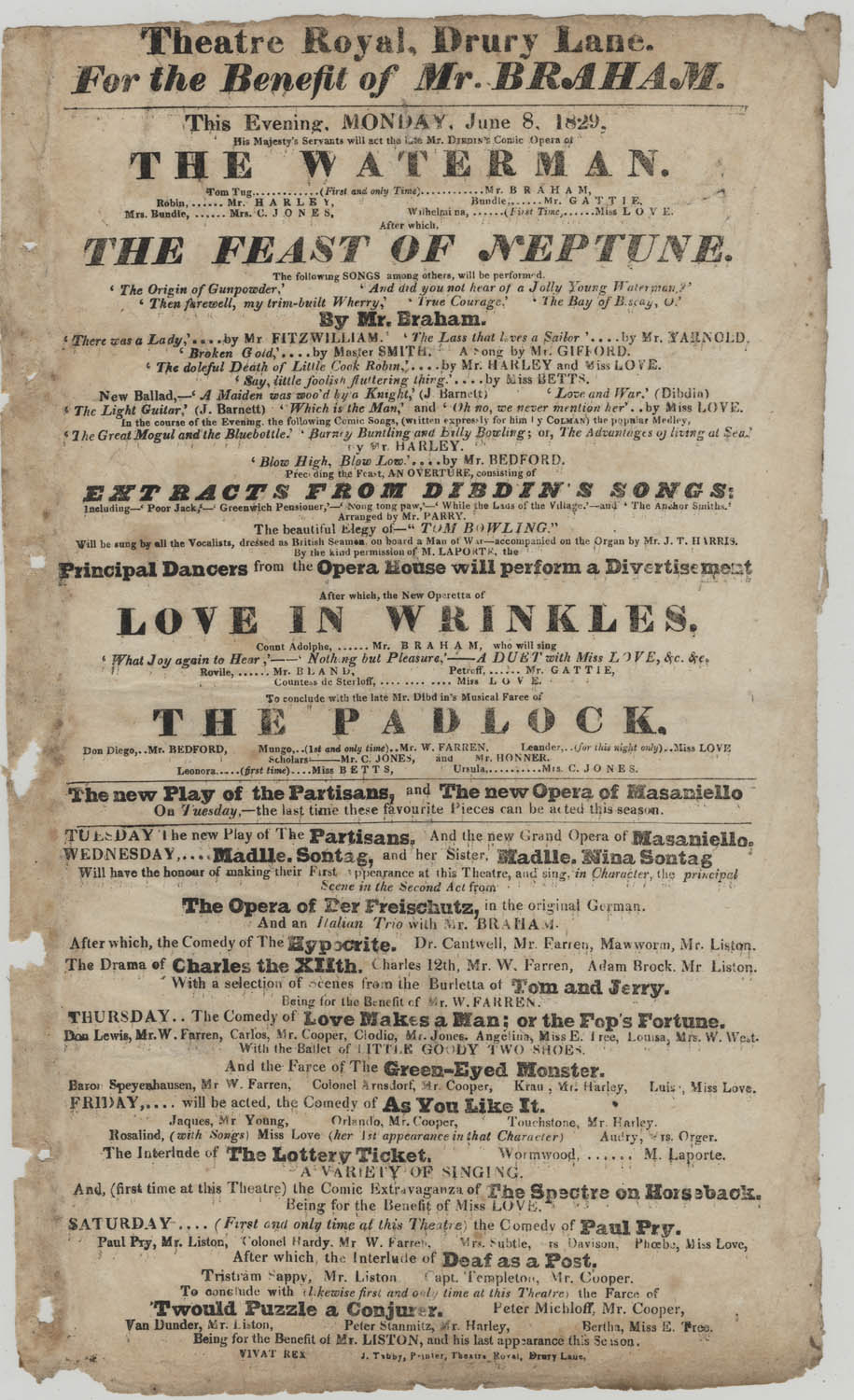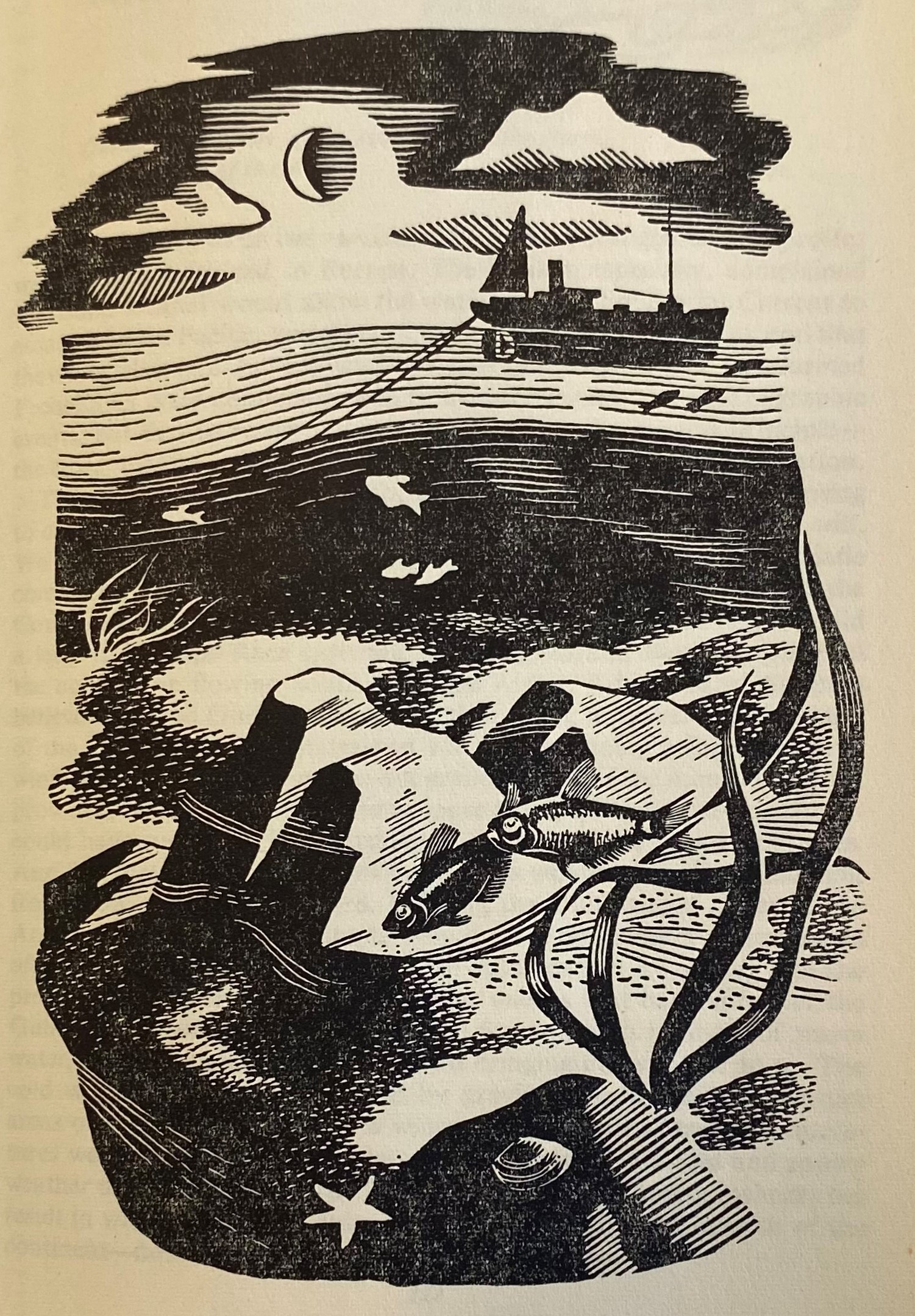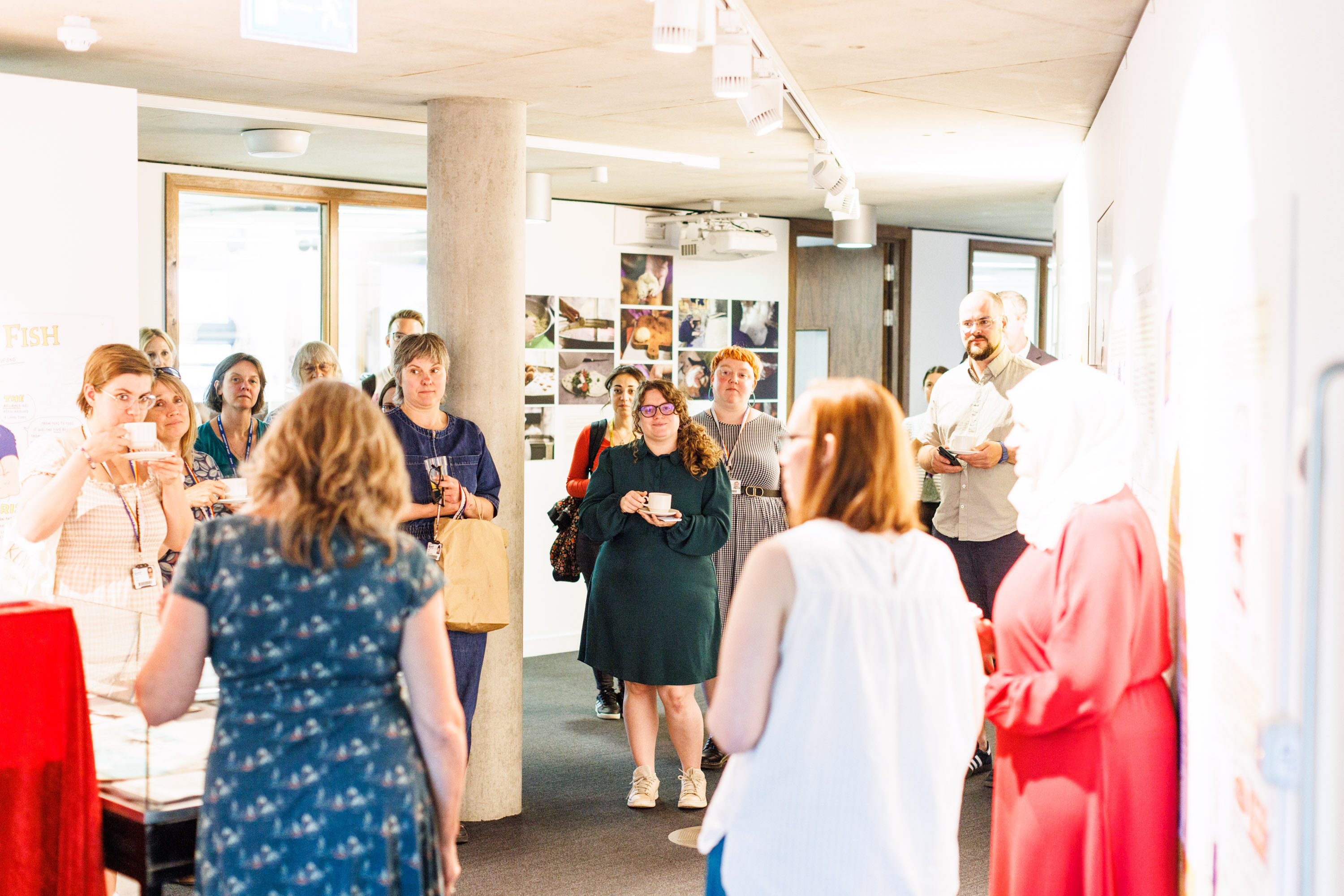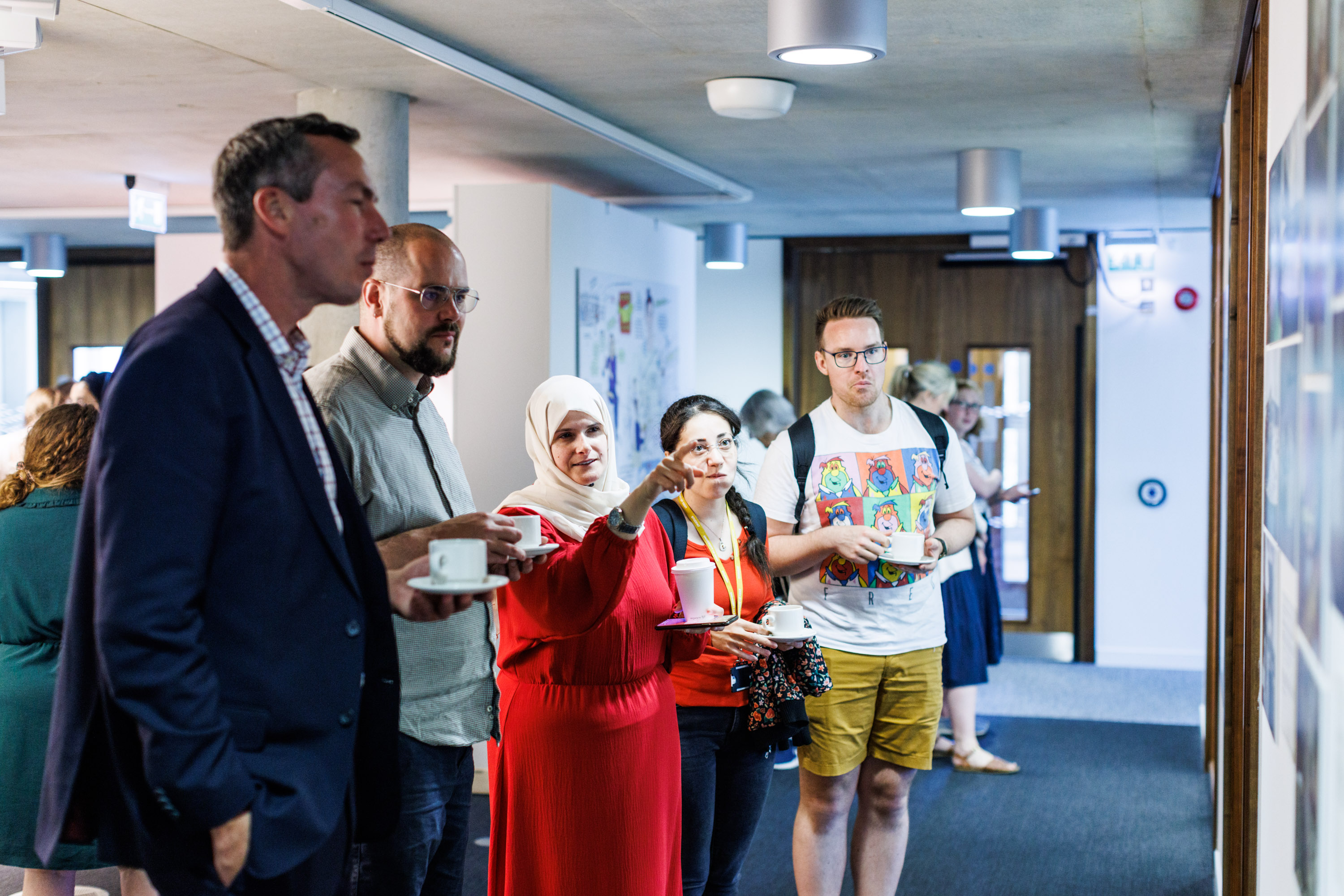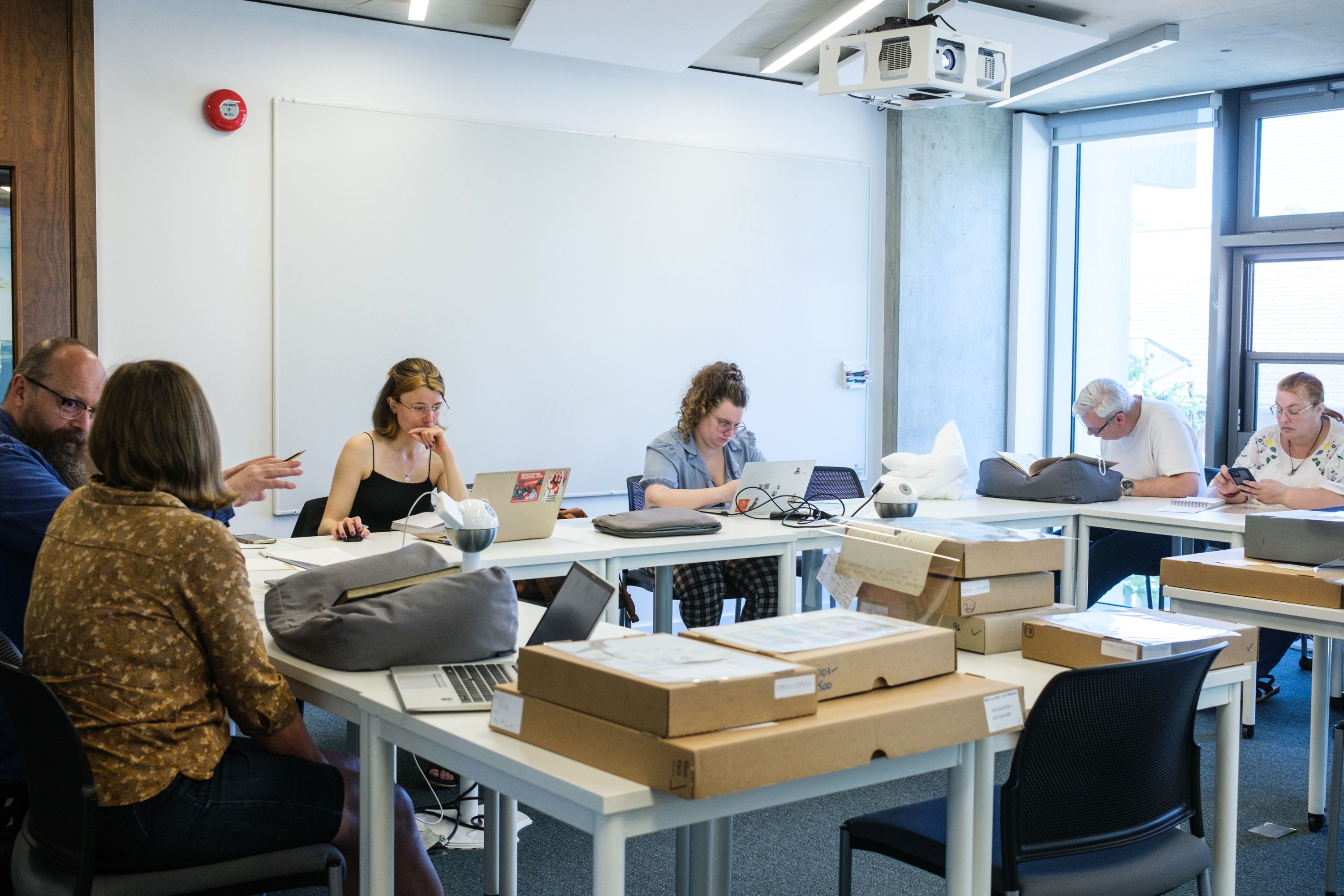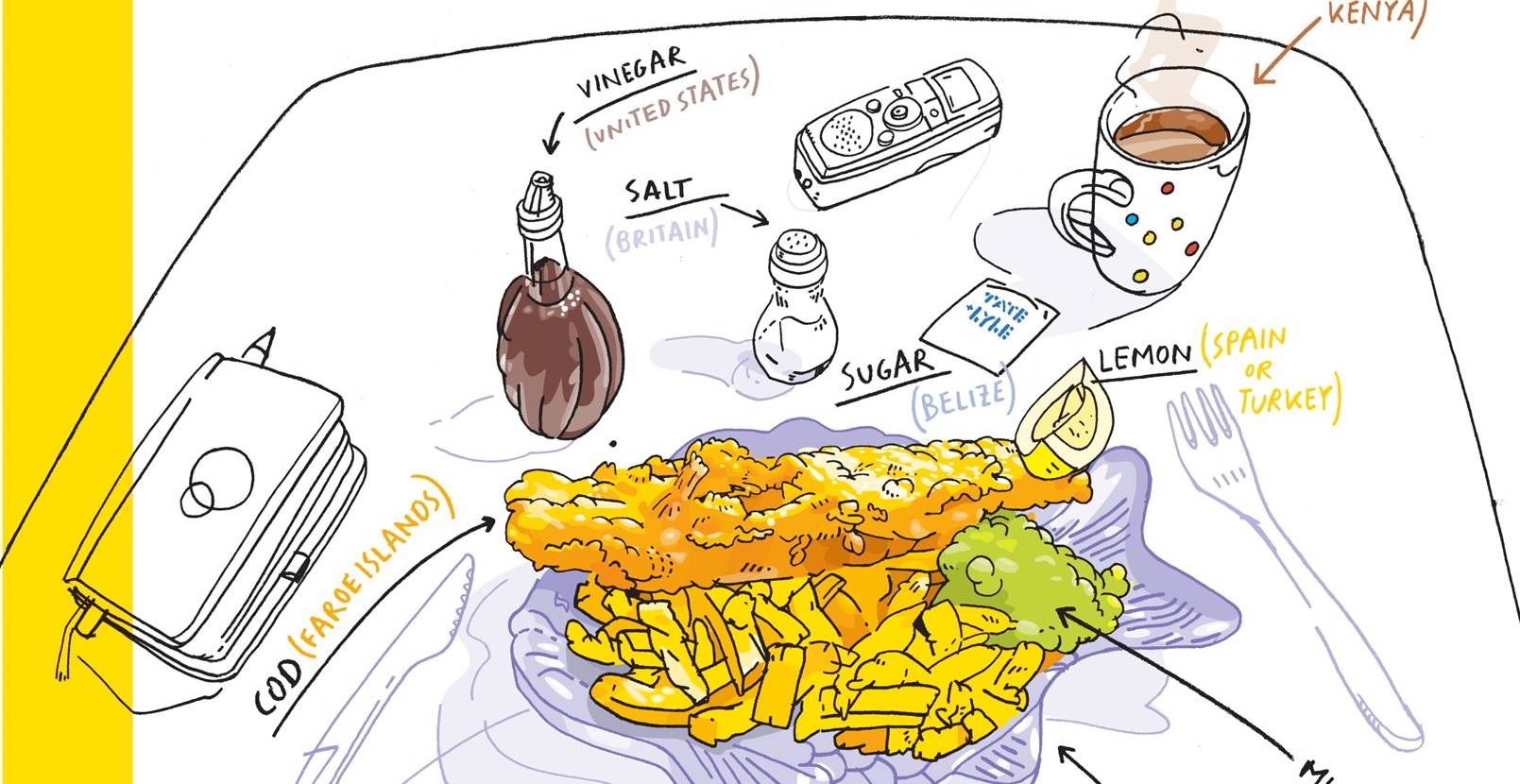Research and Curation Group Blog Series Number 3:
The third in our blog series from members of the Research and Curation Group features the research and selection of items by Christopher De Coulon Berthoud. Christopher was interested in looking at the content of Special Collections and Archives to see not just what could be found in the collection, but what was missing.
I noted the exhibition’s mention of the Chinese chip shop owner, but the absence of any interviews or depictions of them, although the website for the original exhibition does address this issue. Reflecting on a wider absence of the British Chinese community’s voice in British culture, I chose a selection of British newspaper cartoons spanning a 60-year period.
In the 1930s Chinese restaurants were a rarity in Britain, and located mainly in London. The Good Food Guide 1955 listed only single examples of Chinese eating-places in Brighton, Liverpool and Manchester. A decade later as many as thirty-one per cent of British people who ate out had visited Chinese restaurants.
All of the cartoons selected caricatured Chinese people as restaurant owners or waiters, and it is interesting to note that while the stereotypes employed remain quite similar, the sense of racial animus becomes more marked over time as the size of the immigrant population increased. A Joseph Lee cartoon from 1936 published in the Evening News titled “Honourable diner eatee up chop-sticks” (Ref: JL0644) suggests the butt of the joke is the British diner unused to an unfamiliar cuisine. Later, an example from 1992 demonstrates no such finesse while employing a crude racist stereotype of dog-eating Chinese people. (Tom Johnston cartoon published in The Sun newspaper, 11th November 1992 Ref No 38714).
The cartoons illustrate what would become commonplace in the depiction of Chinese diaspora as a community, often problematically ‘other’ from British culture, using the restaurant as shorthand for a whole group.
The selection gives us an opportunity to note the role of the cartoonist as someone who both reflects, but also moulds and guides public opinion.
Christopher de Coulon Berthoud
Click on the links to see images of the cartoons in the British Cartoon Archive catalogue.
Nay, lad. No hard feelings about pud championship… [London, 1970] – [Stan McMurtry], Ref No: 17686]
A response to the ‘Great Yorkshire Pudding Contest,’ which took place in Leeds in 1970 and was won by Mr. Tin Sung Chan, a chef from a local Chinese restaurant, over a field of British contestants.
Although a generous reading of the cartoon suggests that the council member’s depiction as bad losers makes them the object of ridicule, it remains an illustration of the catch-22 situation facing immigrant communities. The stylized racial caricature presents the immigrant simultaneously as someone incapable of assimilation while also being penalised for doing so too successfully.
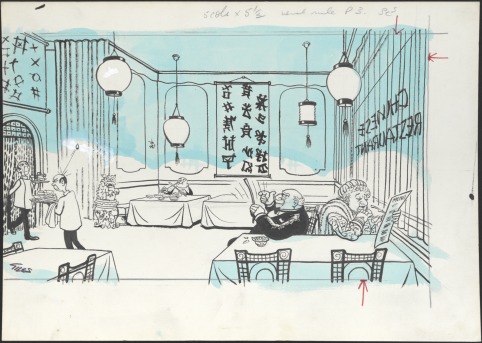
Flicking bamboo shoots at the waiters is a damn childish way of retaliating for the Hong Kong riots. [London, 1967] Ronald Carl Giles, Ref No: CG/1/1/2/700
and
As a protest against China’s record in Darfur I shall not be using the chopsticks [London, 2008] – [Matt (Pritchett; Matthew), Ref No: 90084]
This pair of cartoons, created four decades apart but remarkably similar in content, illustrate a refusal to recognize migrant groups as really British. The identification of a diaspora population with the perceived political faults of China weaponizes the trope of divided loyalty, a recurring theme in xenophobic discourse.
Worse news, Prime Minister… they’ve just eaten Chris Patten! [London, 1992] – [Tom Johnston, Ref No 38714]
Perhaps the most crudely racist of all these cartoons comes from 1992 in the lead up to the transfer of Hong Kong’s sovereignty to China. This cartoon unashamedly draws on one of the oldest racist clichés weaponized against Chinese people in a cartoon commenting on an accusation by an Australian diplomat that the British Governor’s missing dog had been eaten.

